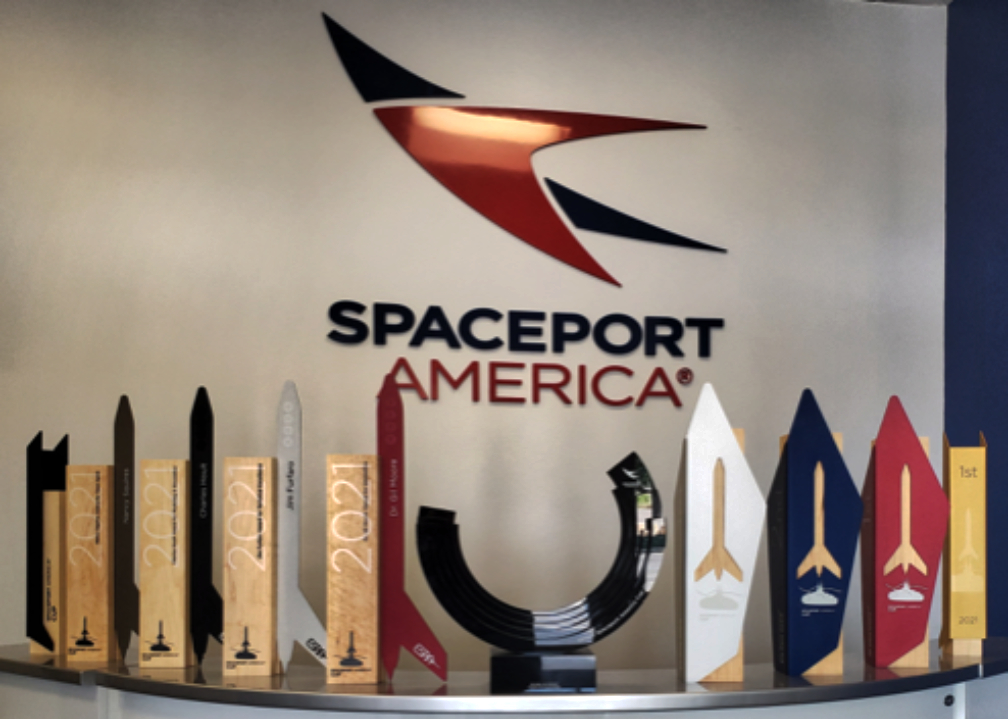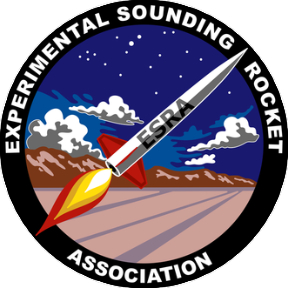

Spaceport America and the Experimental Sounding Rocket Association (ESRA) have announced that the University of Minnesota, Twin Cities, has been selected as the winner of the 2021 Virtual Spaceport America Cup. Spaceport America also announced the return of an in-person Spaceport America Cup in 2022 from June 21-25 at the closing ceremony of the 2021 virtual event.
Seventy-five teams from 16 different countries competed during the three-day, online event, that occurred from June 18-20. The virtual competition allowed university student teams to submit rocket designs for evaluation and included technical presentations and forums, keynote addresses from aerospace industry leaders and rocket safety training. Competitors also had the opportunity to meet with sponsors and exhibitors to learn more about aerospace career pathways and recruitment.
“Congratulations to the University of Minnesota, Twin Cities and all the other teams that competed in the 2021 Virtual Spaceport America Cup,” said Spaceport America Executive Director, Scott McLaughlin. “The event turnout has been incredible, and the caliber of the design and innovation has really impressed us. We look forward to welcoming the teams back to New Mexico in 2022.”
“ESRA is extremely pleased to be able to provide a virtual competition this year,” said ESRA President, Cliff Olmsted. “We thank Spaceport America and all of our sponsors especially Virgin Galactic, Blue Origin, AIAA, Kansas City National Security Campus Honeywell and Kron Technologies for supporting this event and meeting with the students. The level of engagement and commitment by university teams competing from across the globe has been outstanding and inspiring. These teams are paving the way to the future. We are looking forward to the 2022 competition!“
Other awards and recipients include:
The Team Sportsmanship Award goes to Carleton University, with the runner up being Ecole Polytechnique Fédérale de Lausanne (EPFL). The Team Sportsmanship Award recognizes a team which goes above and beyond to assist their fellow teams and the event organizers assure the Spaceport America Cup Intercollegiate Rocket Engineering Competition is a productive, safe, and enjoyable experience for all involved.
The Nancy Squires Team Spirit Award was given to Kathmandu University, with the runner up being Auburn University. The Team Spirit Award recognizes a team which arrives at the Spaceport America Cup with proverbial (or literal) smiles on their face, a school flag in their hand, and never lets either waiver throughout the event. They show great pride in their work, learn from their mistakes, remain positive when things don’t go their way, engage members of the general public with respect and enthusiasm, and show respect for invited guests by attending and participating guest speaker presentations whenever possible.
The Kron Video Challenge was awarded to Cukurova University. The Kron Video Challenge is a new Technical Challenge for the best team video. The video covers the team’s year-long journey leading up to the Virtual Spaceport America Cup Event.
SDL awards 1st, 2nd, and 3rd place for teams whose payloads exhibit innovation through scientific or technical objectives, payload construction and overall professionalism, readiness and execution of design objectives. The 2021 winners are 1st Place with a prize of $1,000: The George Washington University from Washington D.C, United States, with their Marco-Polo payload demonstrating gimballed laser communications.
2nd Place with a prize of $750: AGH University of Science and Technology, from Krakow, Poland, with the Space Habitat Research Effectiveness of Anesthetic Monitoring Payload, or SHREAMP, demonstrating the effects of sedation on invertebrates during space flight.
3rd Place with a prize of $500: University of Sydney, from Sydney, Australia, with the Tetratheca payload demonstrating picosateliite detumbling.
The Jim Furfaro Award for Technical Excellence awarded to Poznan University of Technology, with the runner up being the University of Samsun. The Jim Furfaro Award for Technical Excellence recognizes a team which demonstrates exceptional overall engineering discipline and technical skill through their analyses and conclusions, project or program planning and execution, operational procedure, manufacturing processes, iterative improvement, systems engineering methodology, robust design, etc.
The Dr. Gil Moore Award for Innovation was awarded to University of Waterloo, and the runner up was Ecole Polytechnique Fédérale de Lausanne. The Dr. Gil Moore Award for Innovation recognizes a team whose project includes one or more features (including analytic or operational processes as well as components or assemblies) the judging panel finds genuinely “novel”, “inventive”, or solving a unique problem identified by the team.
The Charles Hoult Award for Modeling & Simulation given to Monash University, with the runner up being Team 140 from the University of Western Macedonia. The Charles Hoult Award for Modeling & Simulation recognizes a team demonstrating excellence in math modeling and computational analyses.
The Spaceport America Cup is the world’s largest intercollegiate rocketry engineering contest (IREC) and has been held in New Mexico since 2017. Over 1,700 students and faculty come to Southern New Mexico for the annual IREC competition. Drawn by the opportunity to collaborate and compete at a world-class spaceport facility, they represent the best and brightest from more than 100 institutions located across the world.
The annual Spaceport America Cup was canceled in 2020 due to the global pandemic and the decision to make the event virtual for 2021 was made to accommodate the restrictions teams faced across the globe.
